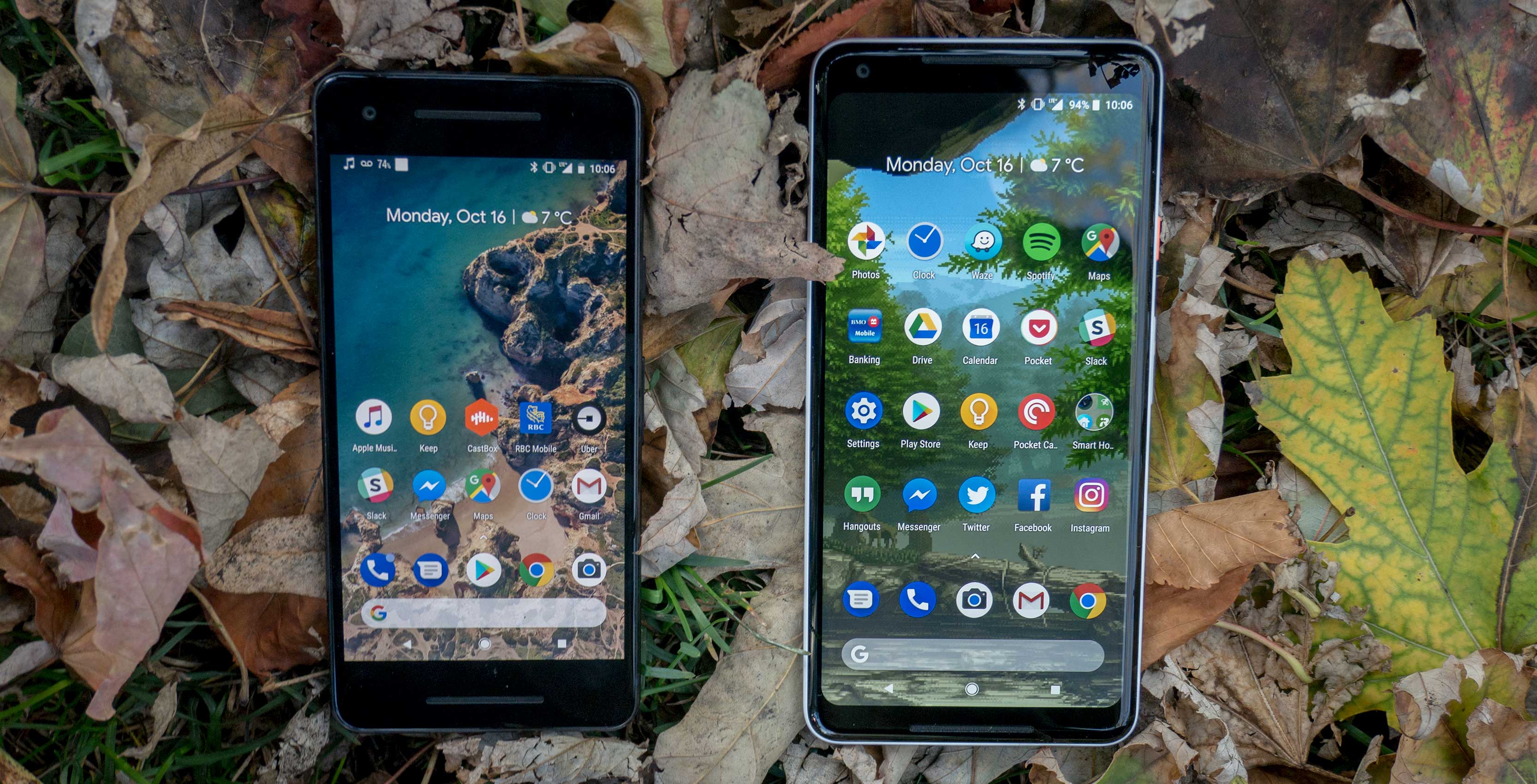
Smartphones are mobile phones with more advanced features that a regular telephone, and can connect to the Internet using a wireless network instead of a cellular network. It can make and receive calls, send texts, access the Web, and run software programs.
The mobile OS that a smartphone runs and the apps that it can run to enhance its capabilities are the most important factors. These apps can include games, calendars, organisers, reading tools, and apps for businesses.
The best smartphones will be quick, have strong cameras and display good quality, and provide long battery life. This is what our smartphone ratings are based on. We have tested dozens upon dozens of models every year from the best vendors.
Smartphones are an essential part of most people's lives. Smartphones are a great way to keep in touch, make memories, connect with family and friends, and watch movies and TV shows.

The cost of buying a new smartphone is often high. To save money on the purchase of new smartphones, many people opt for a monthly contract plan. This typically lasts 18 to 24 months and can save you a lot of money when purchasing a new smartphone.
How to choose the right smartphone for you
It is a difficult decision to make and it takes a lot of research. It's also important to know which features matter most to you. Are you looking for a camera that has high resolution lenses or a larger display to display photos or videos?
You'll also want to consider how much storage space you need for files and apps. You can get most phones with 128GB of storage, but if your plan is to download many files, you might want more.
Smartphones tend to be touchscreen devices which make them simple to use. They can be operated with a single swipe or tap, making them easy to use for everything including email, video, and music.
The next big thing in smartphones could be pressure-sensitive touchscreens. Samsung and Apple are investing heavily into photonic crystal displays that sense when a user presses down. This technology will be able to provide a more natural user experience, especially in gaming.

The photonic crystal display will have to be in an external light source, but it's expected to be cheaper than current LCD or OLED displays and easier to integrate into the body of a smartphone.
Smartphones that use photonic crystal displays will need to have a different form factor from the LCD or OLED screens. It's unlikely they'll be available in smartphones before 2021. If these screens become more common, they may be available within the next few years.
Use smartphones to make medical breakthroughs
Smartphones are a potential game-changer within the medical field. They can be used for tracking cancer cells and malaria cells. But they also have the potential to be used to monitor infections and outbreaks in minutes or hours.